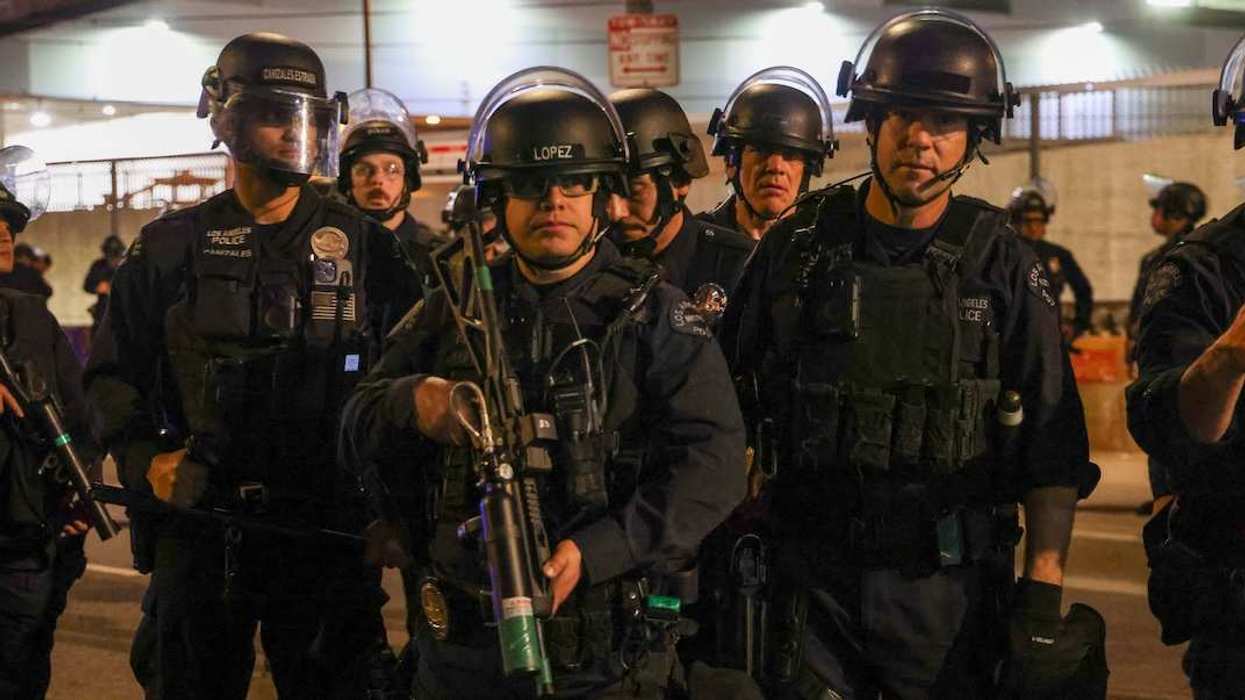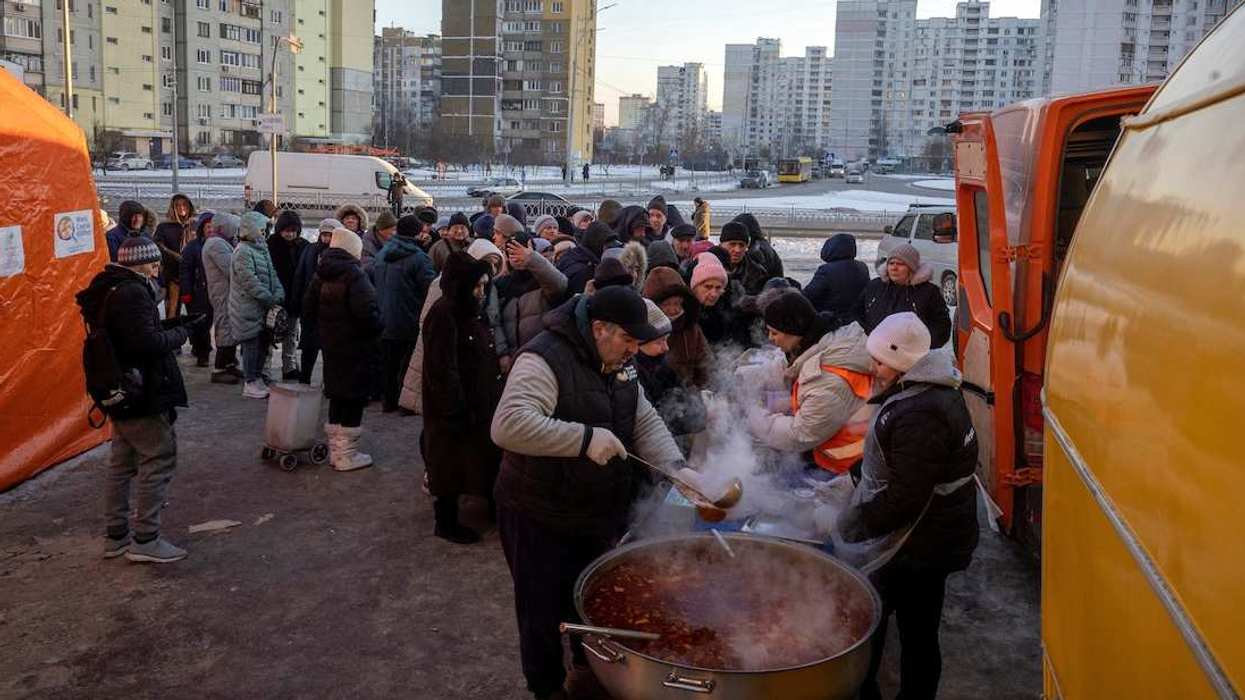45 million: An exiled Russian dissident artist in France is threatening to hit a “Dead Man’s Switch,” which will destroy $45 million worth of paintings by Picasso, Rembrandt, Warhol, and others if WikiLeaks founder Julian Assange dies in prison. Andrei Molodkin says the threat is an act of protest for free speech. Assange is currently in a maximum security prison in Britain, but next week he faces possible extradition to the US, where human rights groups say his prosecution under espionage laws could pose a threat to freedom of the press.
1,000: About 1,000 Porsche sports cars and SUVs, along with thousands more Audis and a few hundred Bentleys, are currently impounded in US ports after the discovery that the luxury rides contain a small part produced in Xinjiang, a region of Western China where the Chinese government is accused of human rights violations. US laws prohibit the import of any products made with forced labor in Xinjiang.
33: Ukraine says it has now knocked out at least 33% of Russia’s Black Sea naval fleet, following a drone attack this week that sunk the Caesar Kunikov, a landing ship. That brings the total to more than two dozen Russian warships wrecked by Kyiv since Putin ordered a full-scale invasion of Ukraine nearly two years ago.
25 million: Haiti’s powerful gangs earn at least $25 million a year from kidnapping alone, says a new report. That, combined with some $20,000 a week in extortion fees and a brisk trade in human organs, have made the organizations “economically autonomous.” A UN-backed police force has yet to deploy to the Caribbean nation, in part because of constitutional obstacles in Kenya, which was tapped to lead the mission.



















